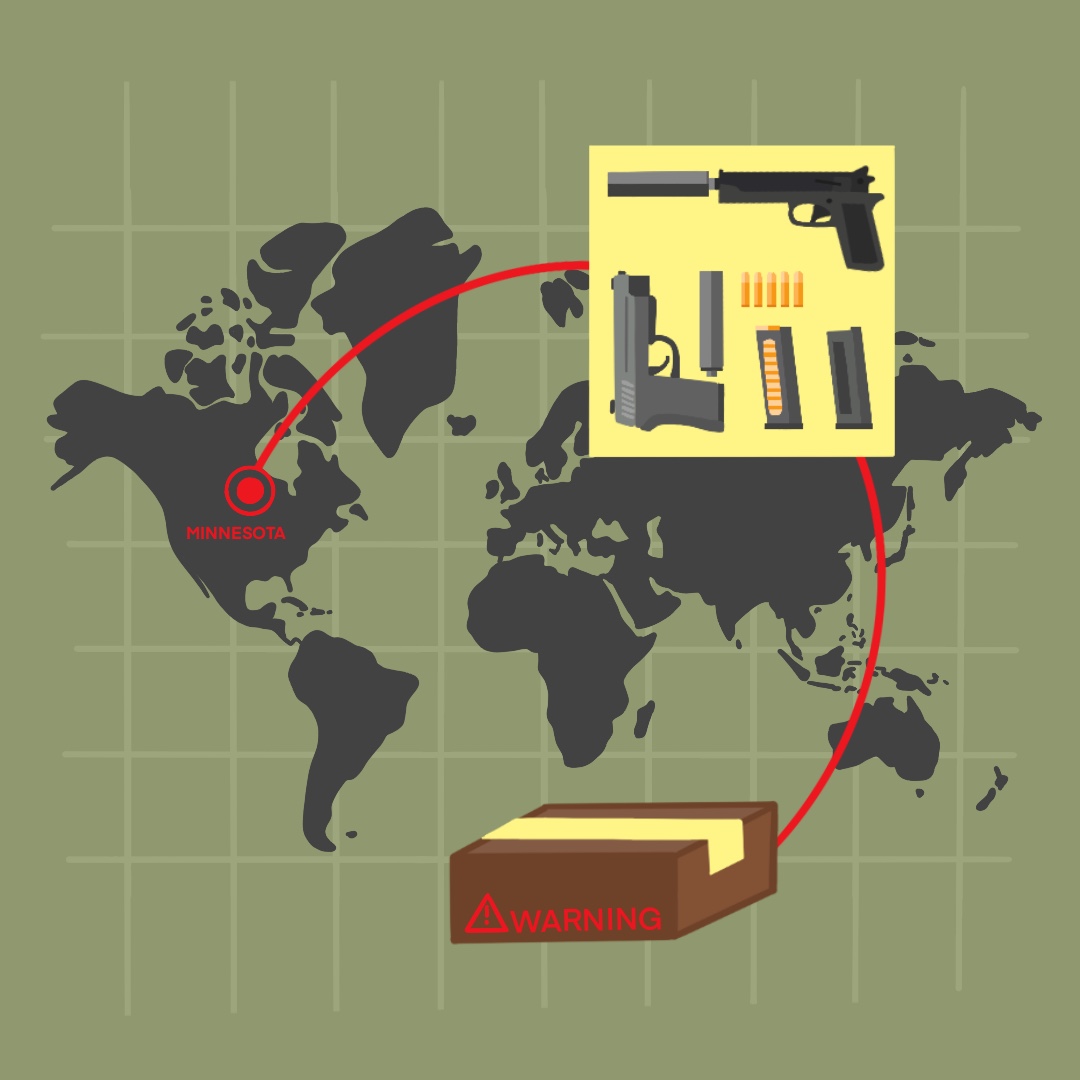When University of Minnesota Libraries received 350 boxes of materials from three prominent local poets, assistant curator Kate Hujda knew it would take months to make them available to researchers.
With $88,000 worth of funding from the Minnesota Historical and Cultural Heritage Grants Program, this month, Andersen Library will begin its year-long project of organizing and preserving the works from poets Robert Bly, Margaret Hasse, and Bill Holm, and local literary publisher Milkweed Editions.
By January 2018, the materials will be free and accessible to the general public, Hujda said.
“We identified [the collections] as being special collections and really having a lot of research value that would be game- changing for future researchers,” Hujda said.
With motifs of prairie landscape, farmland and agricultural work, the literary works all possess a common theme of Minnesota, Hujda said.
Titled “Prairie Poets and Press: Literary Lives of the Upper Midwest,” the project entails archivists manually digging through hundreds of boxes then logging the various poets’ works, letters and scribbled ideas. All of the materials have been previously unavailable to the public.
The project curators — Cecily Marcus and Hujda — plan to hire a full-time project archivist and a part-time student assistant to sort through the materials. The two lead archivists will then finalize the material’s categorization and release the collection.
Kris Kiesling, University archivist and governing member of the Society of American Archivists, said she hopes researchers will find these previously private materials valuable and influential.
“Our purpose is to gather materials that have permanent historic value and preserve them for researchers to use now and into the future,” Kiesling said.
This process is becoming more complex with the advent of the digital age. Both Hujda and Kiesling said digitizing materials increases the content’s reach, but this adds another step to the overall process.
Nowadays, there are two steps to professional archiving. Kiesling said an archivist’s first job is to categorize materials they receive from a source.
Once this process of arranging the physical data is complete, the archivist then logs collections into online databases.
At the moment, “Prairie Poets and Press” is not expected to go digital, but curators hope to make this a goal once the initial data has been thoroughly sorted.
“We will go box-by-box. Start with box one and open it up and see if there is any discernible order,” Hujda said. “Are things in folders, and do those folders make sense? Are they labeled? … Once we get into the box and materials, we organize them in a way that we think will make sense to everybody.”
Fueled by hopes of universal access, both Hujda and Marcus want to make “Prairie Poets and Press” available to everyone from students to professors to library visitors.
“We want to make it so anyone can come and play,” Hujda said.








